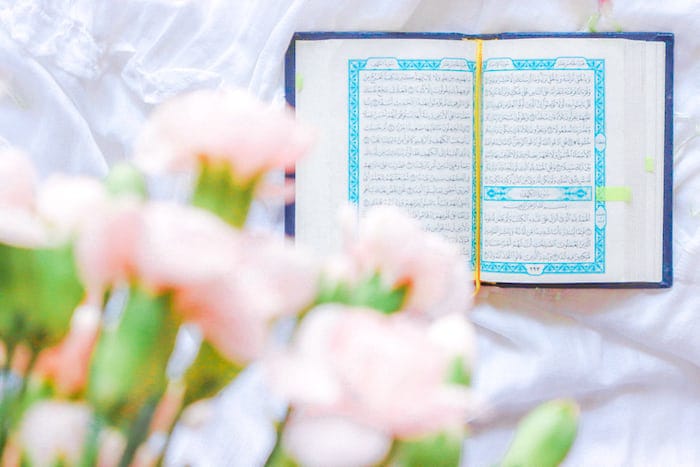Henna application in Islam
In the world of Islamic practices, the Henna application in Islam is a cherished tradition. It is often used for adornment and celebration. However, questions can arise regarding its compatibility with maintaining ritual purity. Especially when preparing for acts of worship like prayer. In this blog post, we will explore the relationship between applying henna on the head and the state of purity in Islamic rituals.
Henna and Ritual Purity
Question: Can a woman apply henna on her head after performing ablution and then proceed to offer prayers? What should she do if her ablution breaks after applying henna?
Answer: Applying henna on the head after achieving ritual purity (Taharat), whether it is Sughari or Kabrai, does not compromise one’s state of Taharat. Therefore, if a woman applies henna after ablution or ghusl (ritual bath), simply wiping the head is sufficient to maintain minor ablution (wudu). However, in the case of Tahirat-e-Kabri (ritual purification through a full bath), merely wiping the head will not meet the requirements. Instead, it is necessary to pour water on the head three times.
Ghusl Janabat and Ghusl Hayaz
This distinction arises from a significant narration where Hazrat Umm Salmi sought guidance from the Messenger of Allah. She inquired about the necessity of untying her hair for Ghusl Janabat (ritual purification after sexual impurity) and Ghusl Hayaz (ritual purification during menstruation). In response, it was clarified that for these specific purifications, pouring three pints of water on the head, followed by washing the body, is the appropriate procedure.
Ablution and henna
While it is worth noting that some other hadiths support the practice of opening the hair during a bath after menstruation, it’s important to emphasize that this is not an obligatory requirement but rather a recommended practice.
Prayer after henna application
Applying henna on the head is entirely compatible with the principles of ritual purity in Islam. Understanding the distinctions between minor and major ablution is essential. When considering the implications of henna application on acts of worship. While opening the hair during a bath after menstruation is considered preferable according to some hadiths. It remains a matter of personal choice within Islamic practice.
More Fact: Ablution and Bathing


One comment